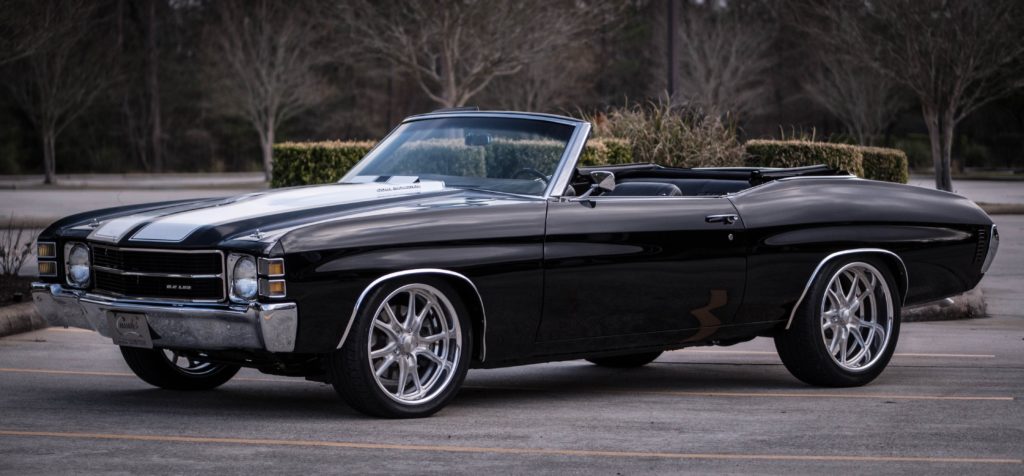Talk to Sales: (401) 200-6026

Protect your investments and your inventory with proper vehicle title storage
You spend plenty of time and money making sure the inventory at your auto dealership is in tip-top shape. Your team is always cleaning cars, making repairs, taking care of dealership insurance, and finding just the right light for a quick photo shoot. You don’t want those vehicles to sit on your lot for too long, but during their short stays, you baby them and guarantee your investments are well taken care of.
So why haven’t you prioritized proper title storage yet?
Sure, titles don’t sell cars. You don’t take a picture of a title, post it on your website, and get calls from interested customers asking about “that nice-looking title!” A vehicle’s certificate of title, however, is the legal document that establishes ownership. If someone wants to buy that red Mazda6 you’ve been trying to sell for months, and the title has magically disappeared into the black hole of your dealership, you’re certainly going to be in a bit of a predicament.

Vehicle title storage requires planning and organization
First and foremost, if your dealership doesn’t have a title clerk yet, hire one. Managing incoming and outgoing titles and registrations is a full-time job that requires a great deal of detail. Your other dealership employees already have plenty to do and worry about—don’t throw such an essential mix of tasks on a random person’s desk.
When it comes to title storage, consider a solution that will realistically work in your dealership. Keep these points in mind, though, no matter what:
- Proper title storage should offer protection from fire and water damage.
- Titles should be organized in one safe place.
- If more than one person is handling titles, consider implementing a sign-out process.
It’s not uncommon to keep titles in a fireproof, waterproof filing cabinet or safe in the title clerk’s office. If you have a sign-out process, maintain the list on the safe or filing cabinet so that in the event the clerk is not in the office, they’ll still be able to keep tabs on where every title is.
In addition to keeping your titles protected and accounted for, suitable title storage can offer your dealership additional benefits. In the day-to-day operations of your dealership, you’ll likely notice an improved general workflow that wasn’t there before; making small changes can have a significant impact.
When your financing bank comes by to do a floor plan audit, you’ll quickly appreciate another benefit of organized title storage. Having quick, easy access to every title on the auditor’s list will make the entire process go much faster—and the bank will appreciate (and take note of) your efficiency and organization.

What can happen if you don’t have proper title storage
You already know titles are essential. You can’t sell a car if you don’t have the title. And if you don’t have a title—either because it was lost or damaged by someone in your dealership—you’re on the hook for getting another one.
Before you can sell the vehicle with the lost or damaged title, your title clerk will need to apply for a duplicate title. This requires filling out paperwork, and either visiting the DMV or mailing the application in. You will usually get the duplicate title much quicker if you go to the DMV, but the visit itself can take a lot of time out of the clerk’s day. Either way, this is all extra time that the now unsellable vehicle is sitting on your lot.
Additionally, without a title clerk keeping titles organized and safe, there’s a greater chance your dealership will face various penalties. For example, most states have regulations in which you must file the title application for a customer within 30 days—if you don’t, you may be fined. If your dealership doesn’t have someone organizing titles and establishing processes, you might be fined far more often than you’d like.
Of course, some states don’t require titles and instead use a “bill of sale” or other documents. No matter what state your dealership operates in, though, it’s always a good idea to keep these documents all together, safe from harm, and easily accessible.
Interested in an Affordable, Full-Featured Auto Dealer CRM?
Schedule an AutoRaptor Demo Now!




